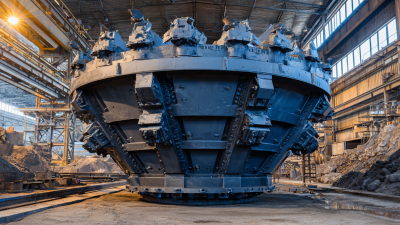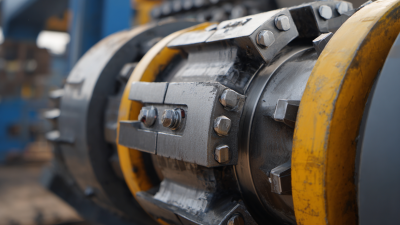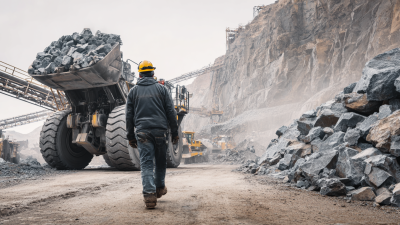
-
Home
-
About Us
-
Products
-
News
-
Blog
-
Contact Us
Leave Your Message

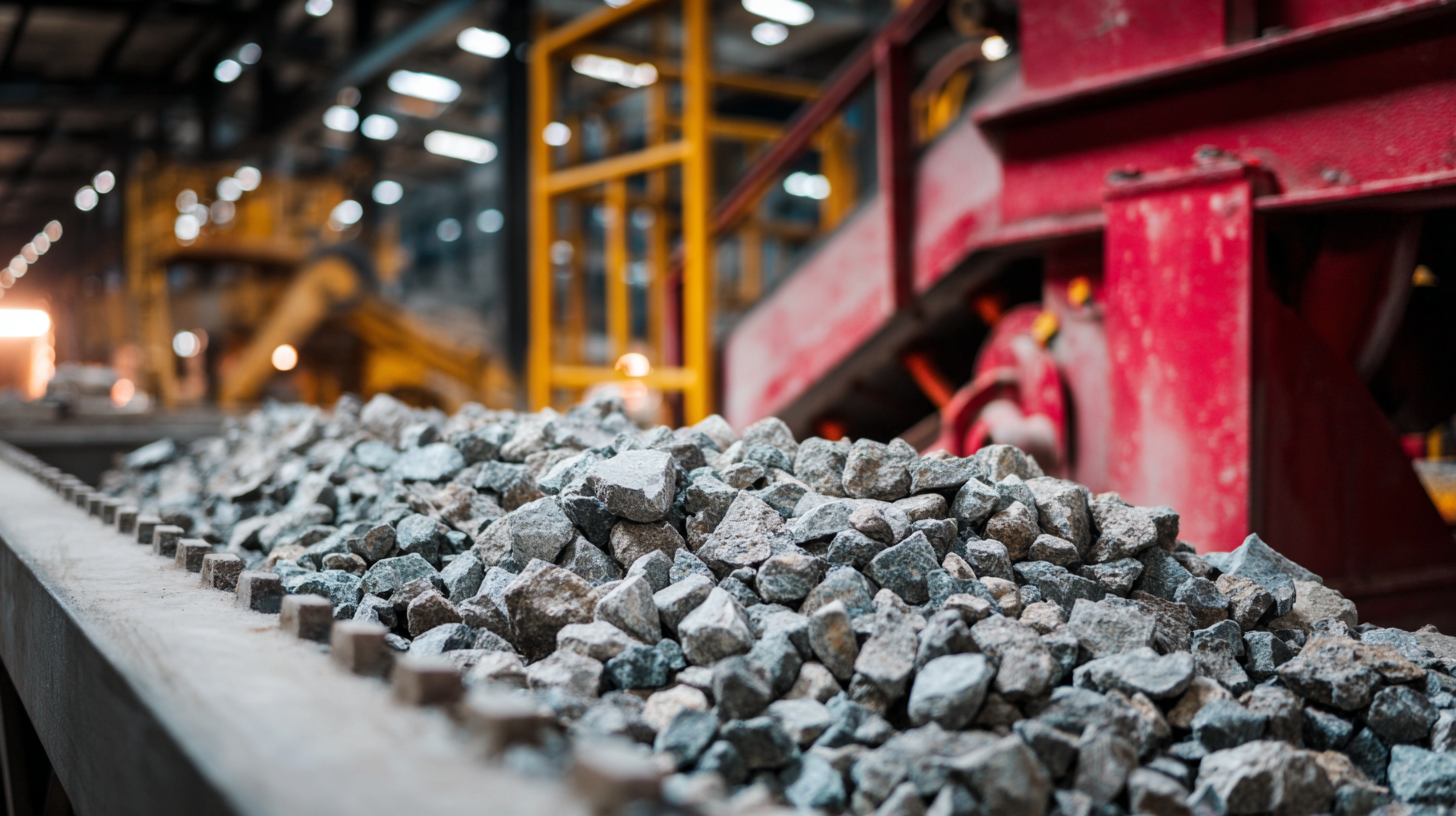 Selecting the appropriate Type of Jaw Crusher for your project is crucial for ensuring efficiency and productivity in aggregate and mineral processing industries. According to a report by the Mining and Materials Processing Institute of Australia, the right jaw crusher can significantly enhance the performance of your operations, potentially increasing throughput by up to 50% while reducing operational costs by 30%. With various designs and sizes available, it's essential to consider factors such as material hardness, feed size, and expected production rate. For instance, a study by the National Stone, Sand & Gravel Association highlights that choosing a suitable Type of Jaw Crusher can lead to improved product quality and lower energy consumption. By understanding the specific requirements of your project, you can make an informed decision that aligns with industry standards and optimizes the crushing process.
Selecting the appropriate Type of Jaw Crusher for your project is crucial for ensuring efficiency and productivity in aggregate and mineral processing industries. According to a report by the Mining and Materials Processing Institute of Australia, the right jaw crusher can significantly enhance the performance of your operations, potentially increasing throughput by up to 50% while reducing operational costs by 30%. With various designs and sizes available, it's essential to consider factors such as material hardness, feed size, and expected production rate. For instance, a study by the National Stone, Sand & Gravel Association highlights that choosing a suitable Type of Jaw Crusher can lead to improved product quality and lower energy consumption. By understanding the specific requirements of your project, you can make an informed decision that aligns with industry standards and optimizes the crushing process.
When selecting a jaw crusher for your project, it’s essential to understand the different types available in the market. The most common types include the single-toggle and double-toggle jaw crushers. Single-toggle crushers are known for their simplicity and lightweight design, making them suitable for smaller applications or projects requiring occasional use. According to a report by Research and Markets, single-toggle crushers can handle materials with a compressive strength up to 200 MPa, which is advantageous for recycling operations.
On the other hand, double-toggle jaw crushers offer greater efficiency and higher throughput capabilities. They are built for heavy-duty applications, ideal for businesses dealing with high volumes of hard rock or ore. The design allows for a more powerful crushing action, with the ability to handle compressive strength over 300 MPa, as noted in the Mining Industry Analysis report.
**Tips:** Before making a purchase, assess the material type and volume your project involves. If you require mobility, consider smaller models or those mounted on tracks. Always check the manufacturer's specifications for the crusher's operational limits to ensure it meets your needs. Comparing maintenance requirements and operational costs of different types can also lead to more informed decisions.
When selecting the right type of jaw crusher for your project, it is crucial to assess your specific project requirements. Start by evaluating the material you intend to crush, as different materials vary significantly in hardness and size. For instance, softer materials might require a less robust model, while harder rocks necessitate a more durable crusher with enhanced capabilities. Understanding the material characteristics will guide you toward the appropriate crusher type that can handle the demands of your operation.
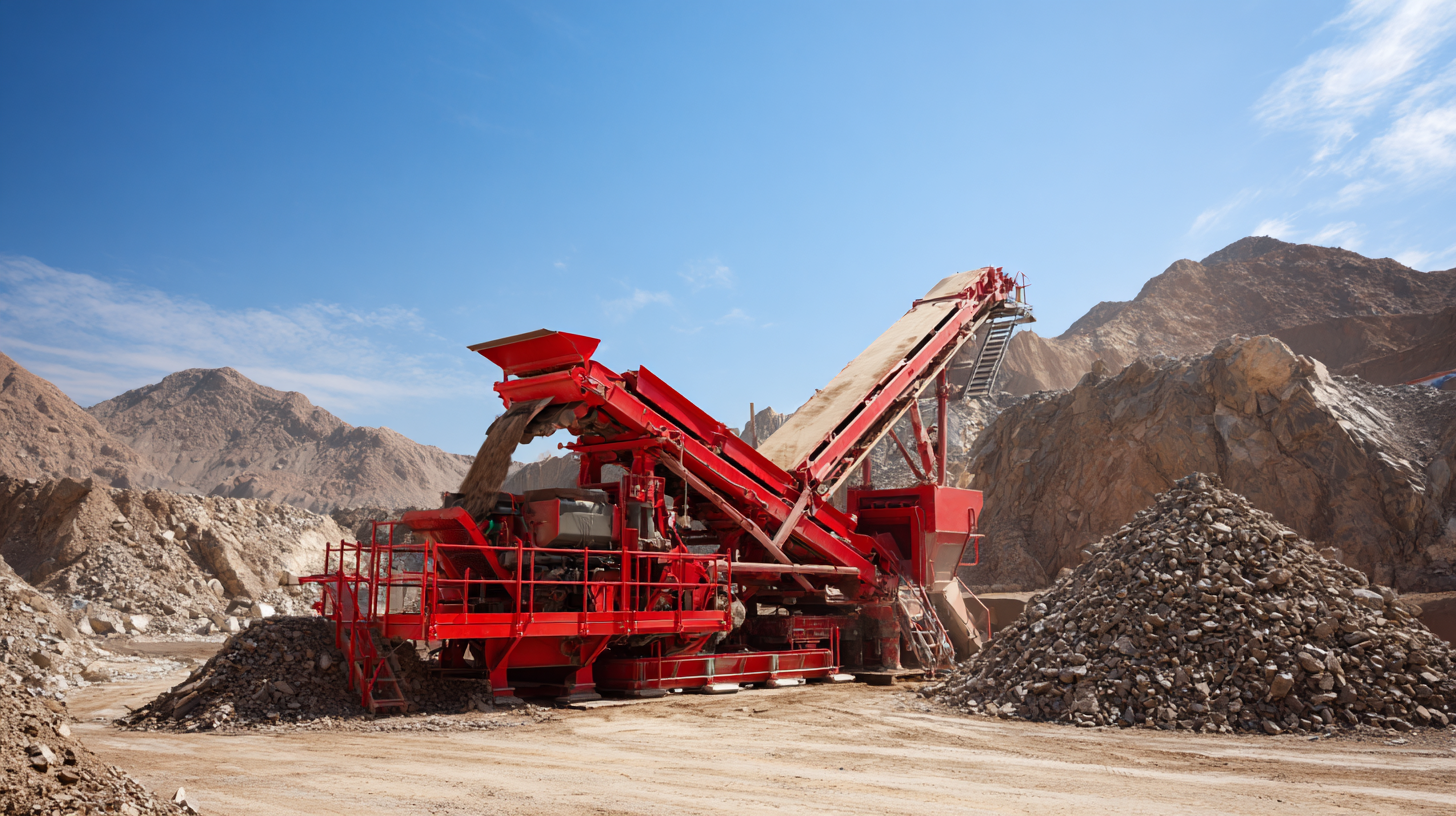
Additionally, consider the desired output specifications, including particle size and production volume. These factors will impact not only the choice of the jaw crusher but also the configuration of its components. If your project demands finer material, a model with adjustable settings or a secondary crushing system may be necessary. Moreover, assessing the operational environment, including space constraints and mobility needs, will influence whether a stationary or portable jaw crusher is the better option for your specific project context.
When selecting a jaw crusher for your project, evaluating the size and capacity considerations is crucial. The size of the jaw crusher directly influences its output and the size of the materials it can process. Typically, jaw crushers come in various sizes, categorized by the width of the feed opening. A larger opening can accommodate more significant materials, which is beneficial for projects requiring high throughput. However, larger crushers tend to be heavier and more expensive, so it's essential to balance size with project requirements.
Capacity is another vital consideration when choosing a jaw crusher. It refers to the amount of material the crusher can process in a specific timeframe, usually measured in tons per hour. To determine the capacity needed for your project, assess the volume of material that needs to be crushed and the desired production speed. Understanding these factors will help you select a jaw crusher that not only meets your operational needs but also fits within your budget and space constraints.
When selecting a jaw crusher, understanding material handling features and durability factors is crucial for ensuring optimal performance in your project. Material handling capabilities significantly impact productivity: crushers with larger feed openings can accommodate larger materials, reducing the need for pre-processing. According to a recent industry report by Grand View Research, the demand for jaw crushers that can handle diverse materials such as limestone, granite, and recycled concrete is on the rise, driven by infrastructure development and construction projects worldwide.
Durability, on the other hand, determines the longevity and maintenance costs of the equipment. Crushers made with high-quality, wear-resistant materials can withstand aggressive crushing operations, minimizing downtime. The same report indicates that crushers built with advanced metallurgy can lead to a 30% increase in service life compared to standard models.
Tips: Ensure to assess the material characteristics you will be processing and choose a jaw crusher that can handle those specific properties. Additionally, invest in models with robust wear parts to maximize uptime and reduce replacement costs. Always consider the overall lifecycle cost of ownership when selecting equipment for your specific application.
When selecting a jaw crusher for your project, evaluating its cost-effectiveness and maintenance needs is crucial. The initial investment is just one component; operational costs, including energy consumption and wear parts, play a significant role in the overall financial picture. A more efficient machine may have a higher upfront cost but can lead to substantial savings over time due to lower energy usage and reduced downtime. It is essential to analyze the total cost of ownership, considering both the purchase price and ongoing expenses associated with maintenance.
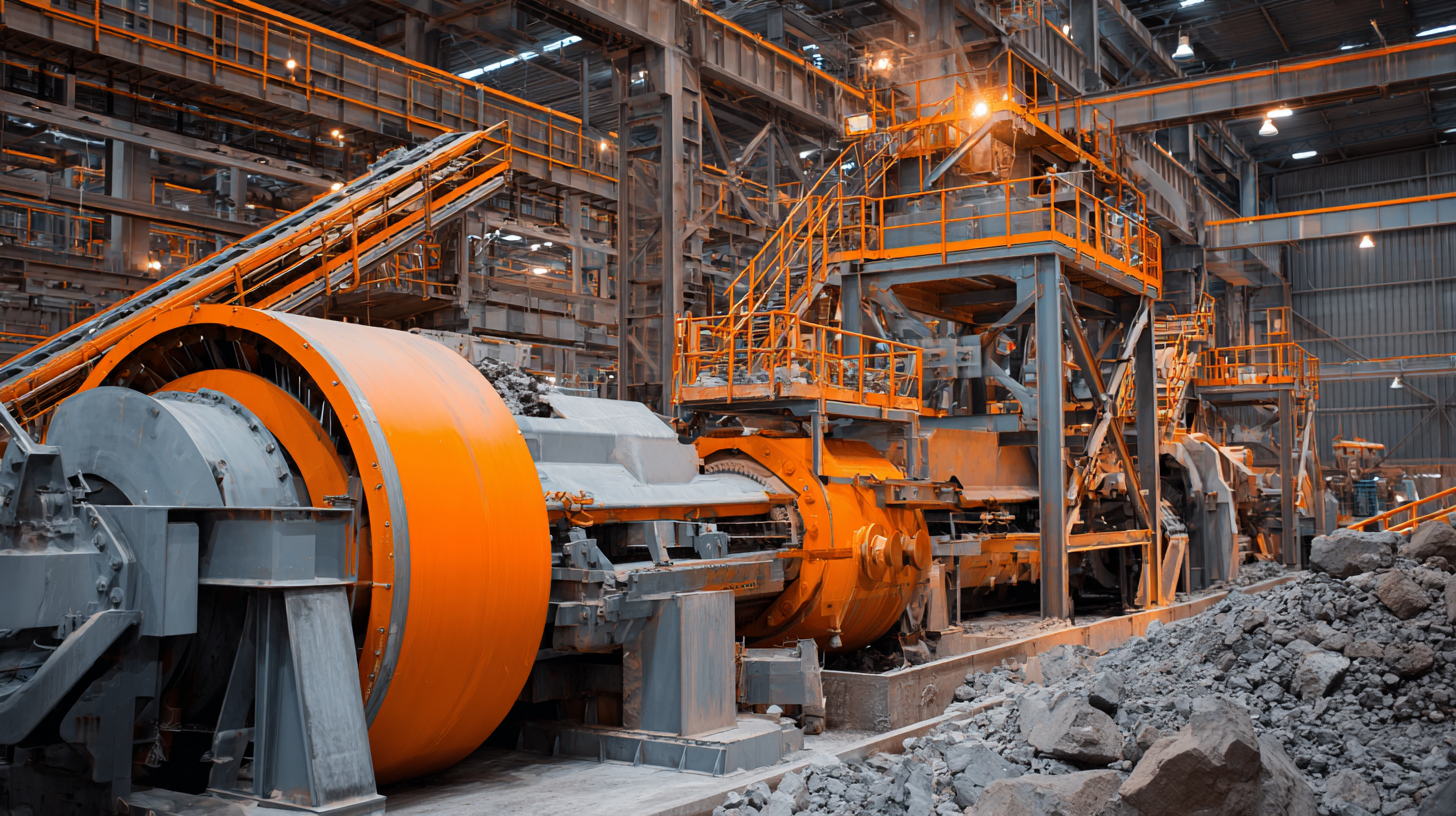
Maintenance requirements also vary widely among different jaw crushers. Some models are designed with easy access to critical components, allowing for quicker repairs and less frequent downtime. Regular maintenance is necessary to ensure optimal performance and longevity, which means choosing a jaw crusher that facilitates routine checks and part replacements is essential.
Additionally, considering the availability of spare parts and technical support from the manufacturer can significantly impact the maintenance experience and overall efficiency of your operations. In summary, balancing cost-effectiveness with maintenance needs ensures that you select the right jaw crusher tailored to your project's specific demands.

